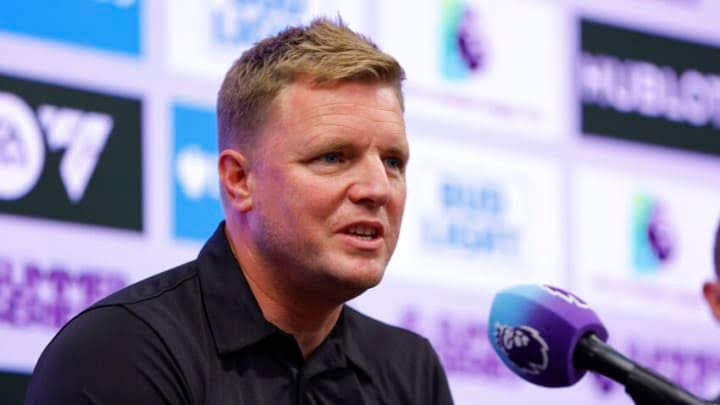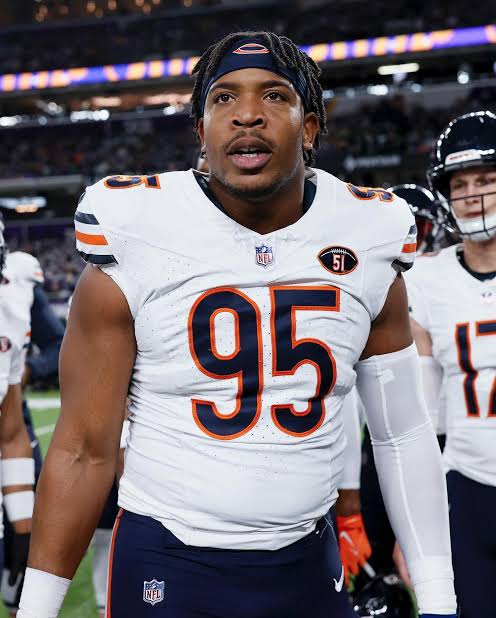Traveling to watch Newcastle United is more than a pastime; it’s a labor of love. For me and my teenage son, it’s an adventure that begins in London, where we live, and takes us all the way to St James’ Park whenever we’re fortunate enough to snag tickets. Those days are special, filled with the buzz of the stadium and the thrill of being part of the black-and-white sea of supporters. We also seize any opportunity to attend Newcastle away matches, bringing a little slice of Geordie pride wherever the team goes.
Recently, I had a glimmer of hope for an upcoming match at Selhurst Park, courtesy of a work colleague who happens to be a Crystal Palace season ticket holder. He initially offered to help secure tickets for me and my son. For a fleeting moment, I thought we’d lucked out. But that excitement quickly faded. The reality of being a Newcastle fan in London soon kicked in. Realizing the sheer desperation of Newcastle supporters, particularly those of us living far from home, my “friend” shifted gears. His generous offer was replaced with a question: how much was I willing to pay—over and above the face value—for these tickets? Really? Pay inflated tout prices to sit in the Palace end, surrounded by their fans, and risk the tension of keeping quiet about who we were supporting? With my teenager in tow? Absolutely not.
Football is about community, not exploitation. I’ve been taking my son and daughter to Newcastle matches since they were old enough to grasp what was happening on the pitch, around the age of six. It’s a family tradition, deeply rooted in my own upbringing in Newcastle, where football wasn’t just a game but a way of life. In the mid-seventies, matches were accessible to everyone. You didn’t need a season ticket; you simply paid at the gate and joined the crowd. Season ticket holders were a minority, and the terraces were packed with people who bled black and white, from all walks of life.
As time went on and season tickets became essential, I had already moved away—first for university, then for work, and eventually to raise my family. Living in London hasn’t diminished my passion for Newcastle United, though. I’ve made it a point to bring my kids to games, home and away, whenever possible. Beyond that, I’ve also tried to keep them connected to their Geordie roots. Visits to Newcastle aren’t just about football; they’re about heritage, identity, and pride.
Even from afar, I stay plugged into the Newcastle United community through social media and WhatsApp groups with friends and family back home. It’s a lifeline, a way to share the highs and lows of being a Newcastle supporter. However, a recent experience left me fuming. On my way home from work, I watched a YouTube show hosted by a group of older Newcastle fans. Normally, I enjoy their banter, the kind of football chat you’d expect to have in a pub. But this time, they crossed a line, making sweeping—and frankly insulting—statements about young Newcastle fans.
These men had the audacity to claim that young supporters “don’t bleed black and white” like they do. Their evidence? Interviews with under-21s outside St James’ Park, in which some youngsters couldn’t name players like Les Ferdinand. That was their basis for judgment, as if knowing every detail of the past was a prerequisite for being a true supporter.
As a father of a teenage son and daughter and someone who works with young people daily, I found their comments outrageous. My son lives and breathes Newcastle United. He knows the club’s history better than I do and often corrects me when I get details wrong. Yet according to these so-called experts, his age somehow disqualifies him from being a “real fan.” What utter nonsense.
Yes, younger fans might lack the same historical perspective as those who lived through the seventies and eighties. But that’s not their fault. If they lack knowledge, it’s up to us to educate and support them, not dismiss them. Denigrating them only alienates the next generation, the very people who will carry the club forward.
I dare anyone to tell my son that he doesn’t bleed black and white. He lives it every day. Football is in his DNA, just as it was for me growing up in Newcastle. The older generation must understand that being a fan isn’t about when you were born or what you know; it’s about passion, loyalty, and commitment. Excluding young fans or belittling them for not having the same experiences is a surefire way to kill the spirit of the club.
Without young fans, Newcastle United faces a grim future. If we don’t nurture their love for the club, we risk becoming another corporate entity, like so many teams in the North West and London, catering to plastic supporters with no real connection to the community. We need to act now.
A larger stadium is not just a luxury; it’s a necessity. We need to expand St James’ Park to accommodate the growing fanbase and ensure that tickets are accessible, especially to young people. Imagine a dedicated section for teenagers, where they could pay affordable, match-by-match prices—pocket money, not extortion. That’s how we secure the future of Newcastle United: by keeping it a club for the people, rooted in the city and its heritage.
The soul of Newcastle United depends on the next generation. Let’s not let it slip away. Let’s ensure that the black-and-white heartbeat continues to thrive, not just for today but for decades to come.



